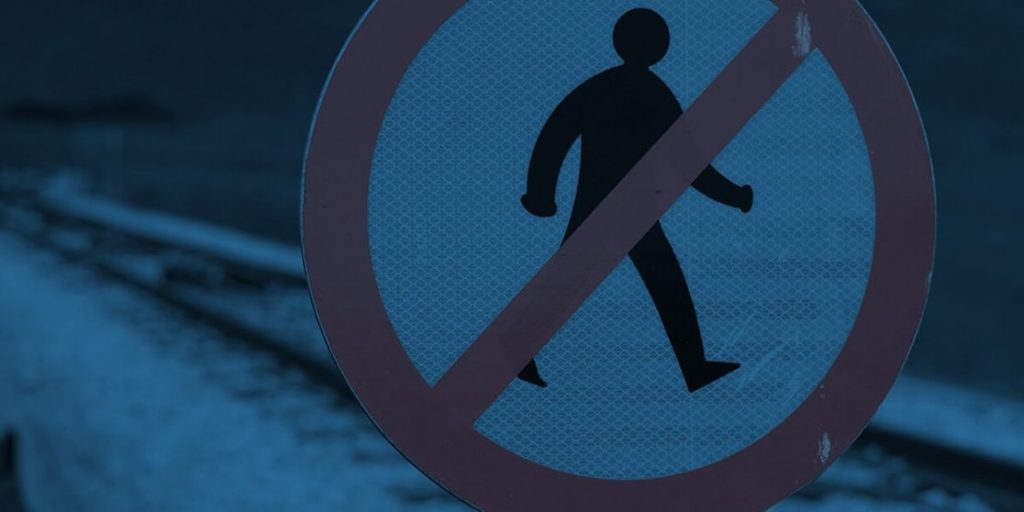Challenging sanctions
For developed countries, including the European Union, the United Kingdom, the United States and Canada, sanctions have become the common tool of choice to exercise in their foreign policy. In most cases, the real goal of sanctions is the reasonable correction of the targeted countries’ or individuals’ behavior and the protection of law and human rights, which is commonly recognized as justified measures by professionals across the globe.

While financial and other sanctions can be applied towards countries, institutions, companies and individuals, there is a clear trend towards their individualization and discrimination, as imposing bodies try to avoid punishing the general population and focus on detached violators. Personalized sanctions targeting them pursue the goal of isolation and typically include visa bans, freezing of bank accounts, asset seizure and business limitations. Western countries have proved to be very reluctant when it comes to lifting or refining their sanctions lists so it takes a lot of time and patience for the targets to wait till their status is changed. This typically happens under the influence of changing political circumstances but even after removal of sanctions, accused people frequently face long-lasting impact and consequences caused by the respective reputational and formal (multilateralism, database updates, corporate blacklisting, etc.) issues.
Although there are ongoing discussions about the effectiveness of sanctions, Status Law firmly believes that they are an important instrument helping to fight violation of human rights and international law in developing countries. Our company is proud of being a part of common lobbying effort for implementation of sanctions against criminal authorities in different regions of the world – from Venezuela to China – and strives to fight the systematic abuse of power, often on a pro bono basis. Our experts also regularly cooperate with the key Western foreign policy actors to raise their awareness about the situation in problematic regions and help them develop a better understanding of the context.
At the same time, our sanctions related experience confirms that despite all efforts to improve their precision, it might happen that imposing bodies do not clearly distinguish targets from non-targets and apply restrictive measures against innocent – if not random – actors. Such accidents are unfair and, if not resolved quickly, undermine the trust in democratic principles and universality of human rights.
That is why Status Law provides legal and communications support to a limited number of qualified, strictly examined individuals who claim to be unjustifiably included in sanctions lists. The eligibility for this kind of service is determined on a case-by-case basis after a thorough background check. Although the checks often demonstrate the appropriateness of sanctions, we have been able to help a number of wrongly accused individuals affected by the UK Bribery Act, the Foreign Corrupt Practices Act, the World-Check database of Politically Exposed Persons (PEP), and other restrictive classifications. One of the mechanisms our office use in such cases is through appeal to the European Court of Justice (Luxembourg).
For further information, please read more about our services and areas of expertise, check our FAQ page or contact us directly. While Status Law reserves the right to refuse its service to anyone without giving a full explanation of the reasons, we maintain privacy and never disclose information about any incoming requests.
